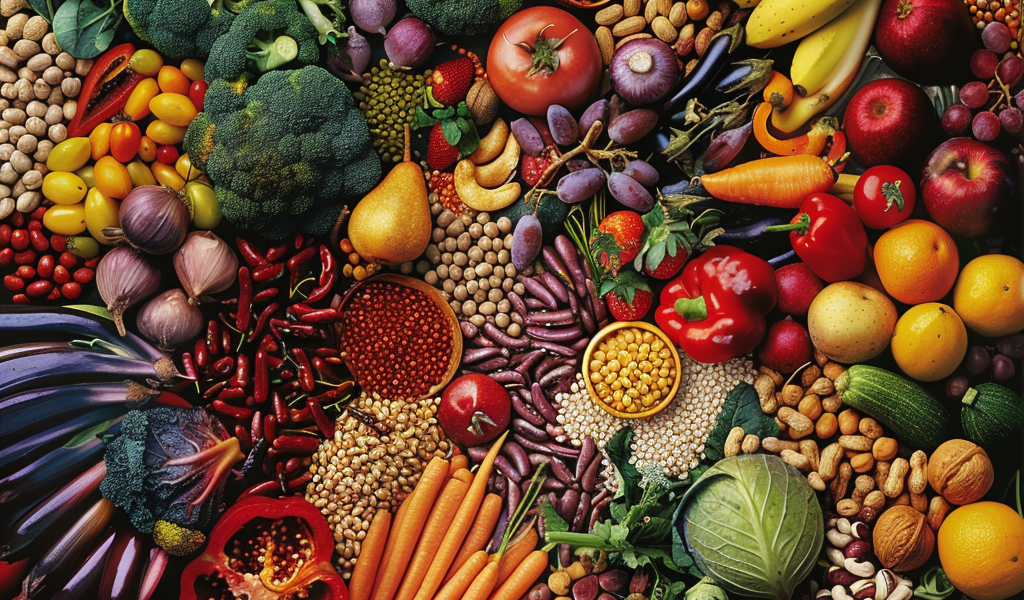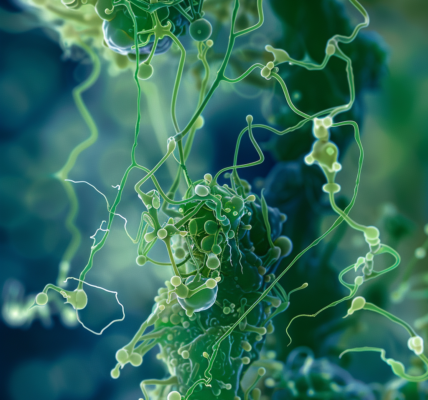Switching to a vegan diet? Beware of its 6 side effects
Every type of diet has its pros and cons, even a vegan diet. If you’re planning to switch to a healthy diet like this, look out for these 6 side effects of a vegan diet.
Vegan diets have become so popular that people are even ditching meat and dairy. Following a vegan diet is known to promote overall health, including weight loss. However, like every other diet, a vegan diet also has both pros and cons. A vegan diet may lack certain essential nutrients, such as vitamin B12, iron, calcium, and omega-3 fatty acids, which are found in animal products. An inadequate supply of these nutrients in your body can lead to nutritional deficiencies, fatigue, and impaired immune function. So, before you decide to change your diet plan, know the side effects of a vegan diet.
What is a vegan diet?
A vegan diet is a plant-based eating pattern that excludes all animal-derived products, including meat, poultry, fish, dairy, eggs, and honey. Instead, it focuses on consuming fruits, vegetables, grains, legumes, nuts, seeds, and plant-based alternatives. Vegans choose this diet for ethical, environmental, and health reasons, aiming to minimize harm to animals, reduce environmental impact, and promote personal well-being through the consumption of plant-derived foods.
Health Shots reached out to Nutritionist Dr. Rohini Patil says, “While there are numerous health benefits associated with a vegan diet, it may lead to a few side effects as well.”
6 side effects of a vegan diet
- Lack of nutrients
If you are following a vegan diet, then there is a risk of nutritional deficiencies. Animal products such as fish, meat, and eggs are packed with essential nutrients such as vitamin B12, iron, calcium, omega-3 fatty acids, and protein, which may be lacking in a plant-based diet. Due to this, the risk of nutrient deficiencies rises, which may lead to fatigue, weakness, constipation, and even unexpected weight loss. - Risk of protein deficiency
Protein is a crucial macronutrient that plays a vital role in building and repairing tissues, supporting immune function, and maintaining muscle mass. While you may get protein from plant-based sources such as beans, lentils, tofu, and quinoa, they contain many antinutrients like phytates and lectin that can increase intest





